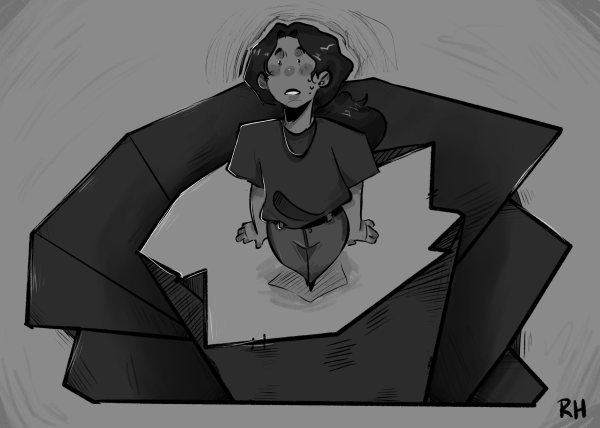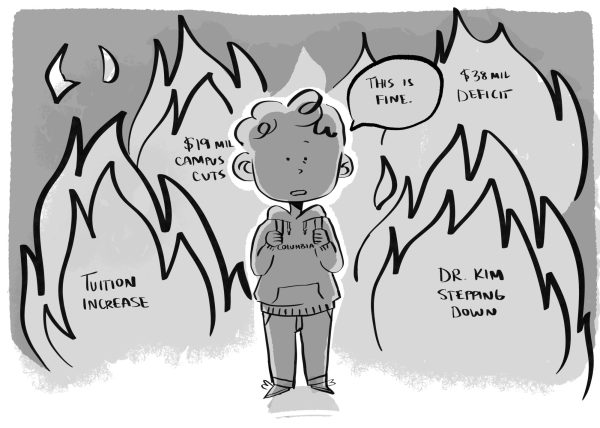Arkansas must reconsider death penalty, not rush to enforce it
April 3, 2017
It’s been almost 12 years since the Arkansas government has executed anyone, but in a seemingly desperate scramble to make up for lost time, the state will execute eight men over a span of 10 days in April.
The state is reportedly rushing these executions because its stock of midazolam will reach its “use by” date April 30. The stronger-than-Valium sedative is being talked about as though it is milk about to spoil.
The state is set to execute two people per day April 17, 20, 24 and 27. Instead of considering ending the death penalty once and for all, Arkansas is gearing up to wipe out 23 percent of its death row population in less than two weeks.
The inmates will be lethally injected in a barbaric, three-step practice: First, the midazolam to render the inmate insensate, pancuronium bromide to paralyze them, and then potassium chloride to stop their heart and kill them.
Supreme Court Justice Sonia Sotomayor wrote in a Feb. 21, 18-page dissent, that within midazolam-centered protocols, “prisoners executed by lethal injection are suffering horrifying deaths beneath a ‘medically sterile aura of peace.’”
While the department is making a last-ditch effort before its stock runs out, many drug manufacturers are refusing to sell to executioners, which could mean Arkansas will have an arduous time restocking in the future, according to a March 24 LA Times article.
It seems as if the state cares more about the drug than the human beings who will be injected with it. While Arkansas is more than likely trying to avoid other means of execution, rushing through this is atrocious for many reasons, including the possibility that one of the people being sent to their death could be innocent. According to an April 28, 2014 Newsweek article, one in 25 people who are sentenced to death are believed to be innocent.
Another issue Arkansas should be concerned with is that midazolam has caused many botched executions, according to the LA Times article. In a recent case, Ronald Bert Smith appeared to be struggling for breath after the drug was administered in an execution chamber in Alabama, Dec. 8, 2016. He is one of several inmates who have spent the last minutes—or in one case, two hours—of their lives alone, in pain and unable to stop it.
These kind of images may be what awaits “citizen witnesses” during the upcoming executions. Arkansas is one of several states that require observers to ensure the executioners conduct the practice correctly.
According to the LA Times article, the director of Arkansas’ corrections department announced at a March 21 Rotary Club meeting in Little Rock that the state needs 48 volunteers to witness the executions. No one, apparently, took up the offer, showing that people are not interested in being part of this practice.
While it could be argued that those who receive the death penalty sentence deserve it, the ingrained need for revenge is a losing battle. Sentencing a criminal to a life in prison with no chance of becoming a productive member of society is effective punishment. The death penalty will never be a humane way to punish even the most harrowing of crimes.


















